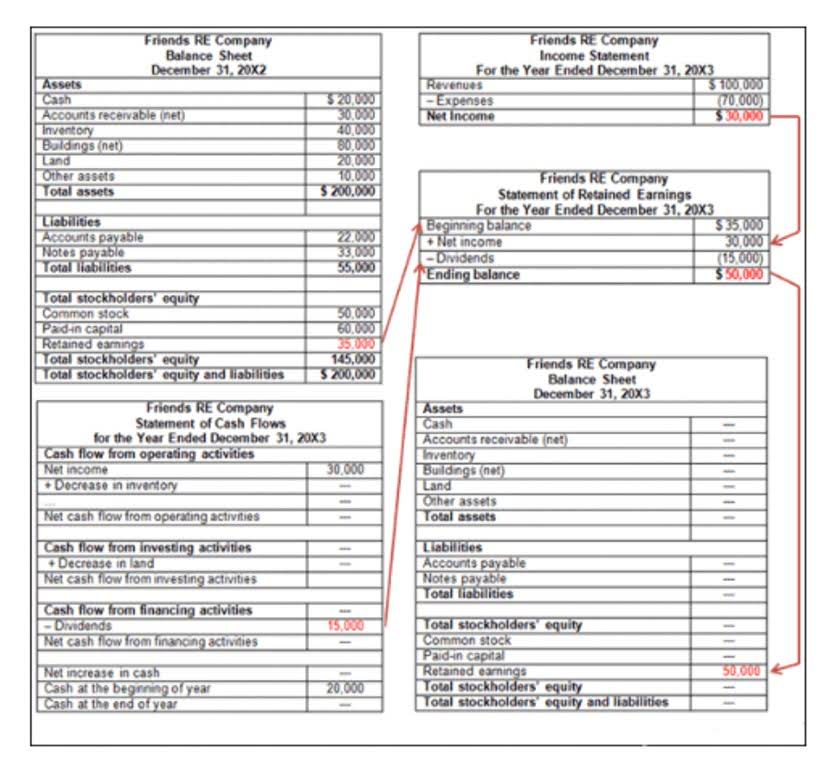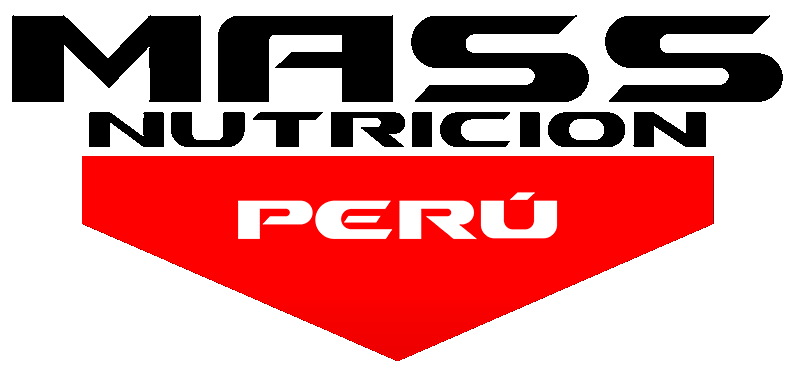
It will help in forming a clear understanding of the concept of goodwill in accounting. To read more of such interesting concepts on Commerce, stay tuned to BYJU’S. We’ve helped hundreds of sellers choose the most beneficial allocation for the sale of their business.
Why is goodwill important to small businesses?
Much like selling stocks, you’ll end up paying taxes on the gains you experience from selling your business. The amount of in-stock raw materials or finished goods you will be leaving with the buyer. Businesses must record goodwill as a requirement of the Generally Accepted Accounting Principles, or GAAP, which is set by the Financial Accounting Standards Board (FASB).
What Is Goodwill in Accounting: An Explainer
In business, goodwill is an intangible asset that is recorded when one company is purchased by another. It is the portion of the purchase price that is higher than the sum of the net fair value of all of the assets purchased in the acquisition and the liabilities assumed in the process. To put it in a simple term, a Company named ABC’s assets minus liabilities is ₹10 crores, and another company purchases the company ABC for ₹15 crores, the premium value following the acquisition is ₹5 crores.

Inherent Goodwill
For instance, some of the value of your business is in physical assets. If you follow high-profile corporate M&A deals, you know that the acquirer typically must pay https://www.bookstime.com/ a premium to the prevailing share price to entice existing shareholders to sell. Goodwill accounted for 8.5% of the total assets of S&P 500 companies in 2018.
Business Goodwill
Companies assess whether an impairment exists by performing an impairment test on an intangible asset. If there is no impairment, goodwill can remain on a company’s balance sheet indefinitely. Goodwill is calculated by taking the total sale price of $1 million, and subtracting the sum of the other 4 categories. Practice goodwill refers to the amount of goodwill specifically for practices, such as a law firm. Practice goodwill is similar to business goodwill as it considers the practice’s overall value. Goodwill, in general, is typically referred to as business goodwill as the two terms are often used interchangeably.

Goodwill is the benefit of a brand name, technology, or process that is generated when one company purchases another. If you’re an investor or potential investor—in a company’s shares and/or its bonds—looking at goodwill can be one of those fundamental metrics that help you decide whether to buy, sell, or add to a position. Company B has assets equaling $2.8 million and liabilities equaling $400,000. The net assets of Company B are $2.8 million minus $400,000, which equals $2.4 million.
Logic – Debit the Partners’ capital or current accounts to reflect the decrease in the capital whereas, credit the Goodwill account to reflect the decrease in the asset. It requires proactive measures, strategic initiatives, and a long-term commitment to overcome the negative implications and restore positive ones. It can have a detrimental impact on employee morale and recruitment efforts. Skilled candidates may be less inclined to join a company with a damaged reputation, which can impact the company’s ability to build a strong workforce. When the business is threatened with insolvency, investors will deduct the goodwill from any calculation of residual equity because it has no resale value.
Disadvantages Of A Negative Goodwill
- Goodwill is typically recorded on the balance sheet when a company buys another business and pays a premium for it.
- It represents the difference between the final purchase price and the actual net value of the acquired company’s assets.
- A publicly traded company, by contrast, is subject to a constant process of market valuation, so goodwill will always be apparent.
- We’ve helped hundreds of sellers choose the most beneficial allocation for the sale of their business.
- You didn’t quite get your counter, but the investors were happy to pay more.
- It is often seen as the inherent ability of the company to attract and retain customers, which cannot be attributed to factors such as brand recognition or specific contractual arrangements.
- When this happens, investors deduct goodwill from their determinations of residual equity.
The amortization amount is adjusted if the asset’s value is impaired at some point after its acquisition or development. Think of a company’s proprietary technology (computer software, etc.), copyrights, patents, licensing agreements, and website domain names. These aren’t things that one can touch, exactly, but it is possible to estimate their value to the enterprise. Intangible assets can be bought and sold independently of the business itself. If you own a machine shop that makes $250,000 per year in SDE (cash flow) but must own $10 million in equipment, there is not a goodwill balance. The purchase price of the business will be largely dictated by the equipment’s value.
Limitations of goodwill in accounting
This can lead to customer churn and reduced sales, negatively impacting the company’s revenue and profitability. Companies with positive reputations are often presented with greater business opportunities. Their goodwill meaning in business reputation and brand recognition attract potential customers, partners, investors, and employees. From an investor’s perspective, this intangible asset provides insights into an acquisition’s strategic value.

